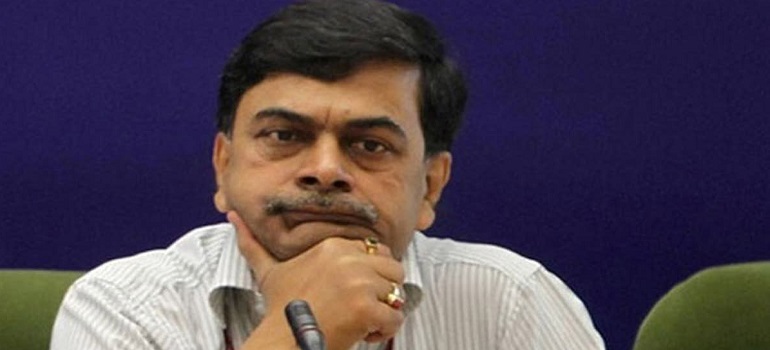
Allaying fears over adverse impact of proposed safeguard duty on solar equipment, Power and New & Renewable Minister R K Singh said that nothing can jeopardise India’s renewable energy target of 175 GW by 2022.
The minister has also assured that the projects already bid out before implementation of the proposed duty would not be affected during the installation phase.
Besides, he also expressed hope that the government would bring out policy for boosting domestic solar equipment manufacturing with higher financial assistance than proposed Rs 11,000 crore.
“Nothing will be done which will jeopardise achievement of the target set by the Prime Minister for establishing the 175 GW renewable energy… but as far as this (safeguard duty) is concerned, we are going to have discussions,” Singh told reporters on the sidelines of the a conference here.
Elaborating further the minister said, “The duty regime which prevails at the time of bid will be duty regime for entire installation. The duty would be for new projects if at all imposed. Both are questions, whether it would be imposed and what is the quantum (of duty).”
Earlier this month, the Directorate General of Safeguards had proposed to levy a 70 per cent safeguard duty on import of solar power equipment from countries like China for 200 days to protect domestic industry from “serious injury”.
It had told to the Finance Ministry that the existing “critical circumstances” justify the immediate imposition of a provisional Safeguard Duty to save local units from further serious injury, which would be difficult to repair in case the safeguard measure is delayed.
India Ratings and Research (Ind-Ra) believes that the government s proposal of levying 70 per cent safeguard duty on solar cells and modules from China and Malaysia will increase power tariffs to Rs 3.30/kilowatt, around 35 per cent higher than the lowest bid value of Rs 2.44/kilowatt hour.
This is likely to impact power producers with low cost power purchase agreements and may stall under construction projects for which all the required solar panels were not imported, Ind-Ra said in a statement.
About the policy for boosting domestic solar equipment manufacturing, Singh said,”The draft policy of domestic solar manufacturers was circulated. Manufacturers want slight increase in the aid (than proposed Rs 11,000 crore). We got the comments. We framed the policy. Now we will go to EFC (expenditure finance committee for its approval).”
Singh also told that the regulation on e-mobility would be brought out soon which would clarify about need of licence for providing charging infrastructure or it is just a service.
He explained, “If charging is a service then we don’t need to change the law but if it is deemed licence then we have amend the law. We will bring regulations for e-mobility particularly dealing with charing.”
The minister also indicated that the government would look at smaller or hatchback electric cars which would slightly less expensive.
At present, the state-run EESL is procuring 10,000 electric sedans for use by government officials in different ministries and departments.
He said, “Currently we have (procured) sedan type electric vehicles (cars). I think that we also need to start thinking of smaller cars.”
Source: PTI
ALSO READ:
Next-gen smart solar windows could produce electricity
CPPIB to acquire ADB’s 6.3 per cent stake in ReNew Power for USD 144 mn
US President Trump imposes tariff on imports of solar cells to protect domestic market
